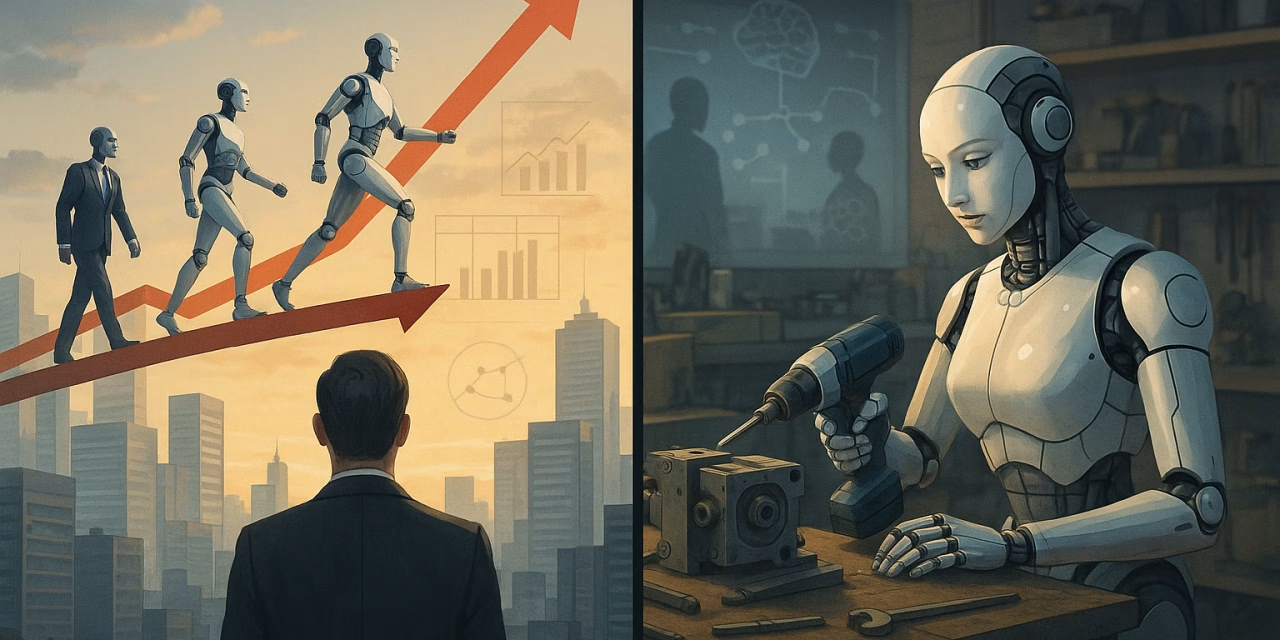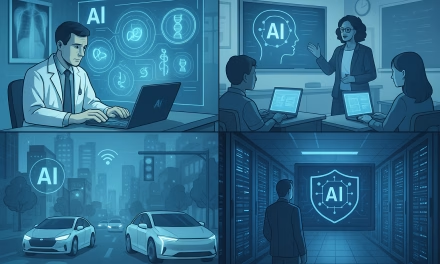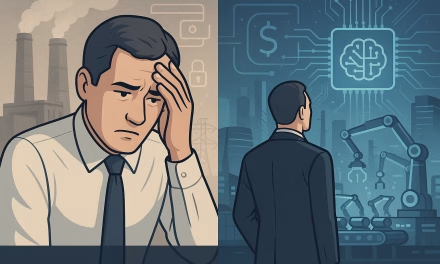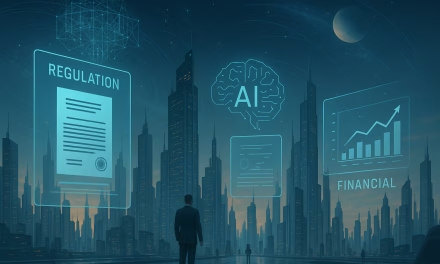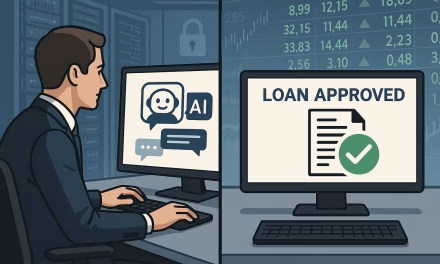July 5, 2025, marks a critical moment for businesses, with urgent warnings about the necessity of AI adoption and predictions of Artificial General Intelligence (AGI) entering the workforce. This confluence of events underscores the immense pressure on companies to adapt to a rapidly evolving technological landscape.
PwC’s Chief AI Officer, Dan Priest, has issued a stark warning to CEOs: 40% of business models may not survive the next decade without AI adoption. This highlights the existential threat faced by companies that fail to integrate AI into their core strategies. The message is clear: AI is no longer a competitive advantage but a fundamental requirement for survival.
Adding to this urgency, OpenAI CEO Sam Altman has predicted that AGI might begin performing real jobs within the year. These AI agents, capable of thinking, deciding, and acting independently, represent a paradigm shift in the nature of work. While this promises unprecedented levels of productivity and innovation, it also raises significant questions about wealth distribution, power dynamics, and the future of human employment.
However, the path to AGI is not without its challenges. A significant disagreement has emerged between OpenAI and Microsoft regarding AGI testing methods, with Microsoft demanding real-world proof of performance beyond benchmark scores. This debate is further fueled by studies revealing that AI agents performing well in simulations often fail at basic real-world retail tasks, such as restocking shelves and assisting customers.
These challenges highlight the critical need for robust testing and validation of AI systems before they are deployed in real-world scenarios. The developments on July 5, 2025, collectively illustrate that while the promise of AGI is immense, the journey to its successful and responsible implementation is fraught with complexity. Businesses must not only accelerate their AI adoption but also invest in the necessary research, development, and ethical frameworks to navigate this new frontier.

